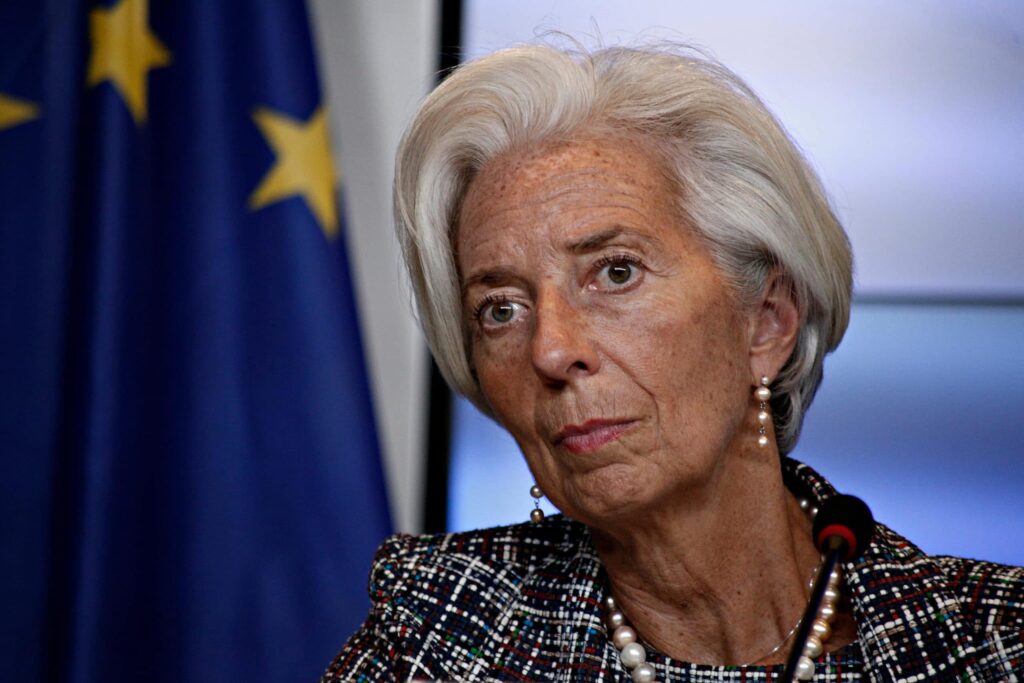
In a recent prank call that went viral, European Central Bank (ECB) President Christine Lagarde inadvertently disclosed information about the digital euro, Europe’s central bank digital currency (CBDC). A prankster, posing as Ukraine President Volodymyr Zelensky, managed to extract details from Lagarde about the digital euro’s control measures.
During the conversation, Lagarde revealed the possibility of a mechanism for transactions below €300 to €400 with no control, which could raise security concerns. This comes after the European Union’s decision to cap cash payments at €7,000, with lower limits in countries like France and Italy, and restrictions on anonymous crypto transfers over €1,000.
The digital euro decision is set for this coming October, with its potential implications stirring debate around CBDCs and their role in global finance. While some argue that CBDCs could modernize financial systems, others worry about government overreach and loss of privacy.
Robert F. Kennedy Jr., a 2024 US presidential candidate, expressed concerns on Twitter about CBDCs linked to digital ID and social credit scores, which could enable governments to freeze assets or limit spending based on compliance with mandates.
As more than 114 countries explore CBDC development, the recent prank call serves as a reminder of the ongoing discussions and potential consequences surrounding these digital currencies in the global financial landscape.